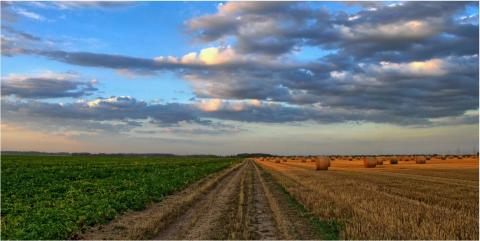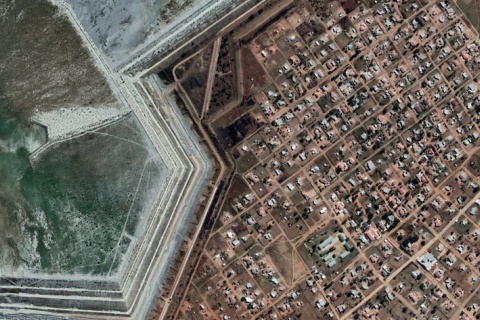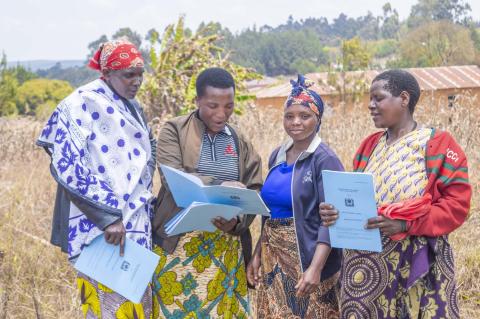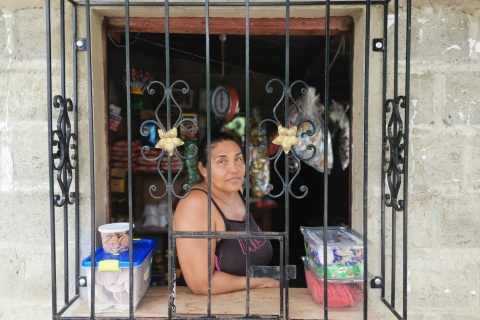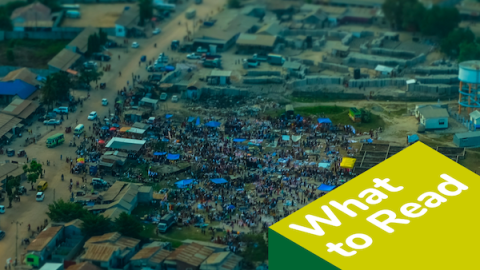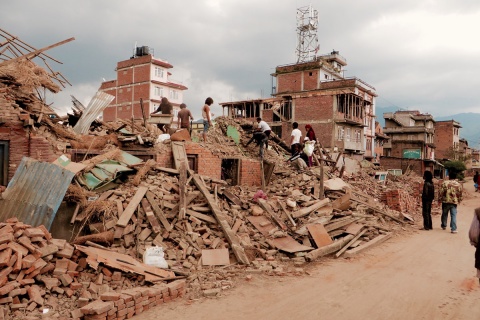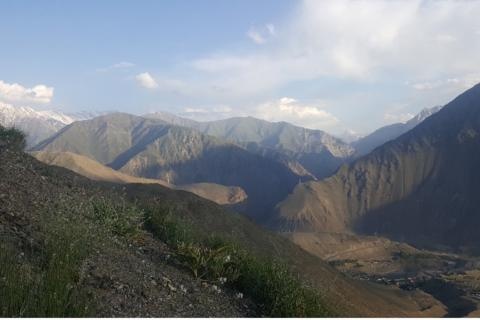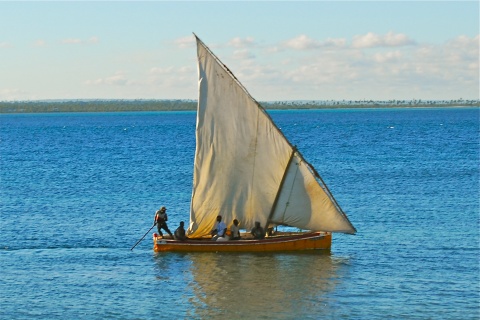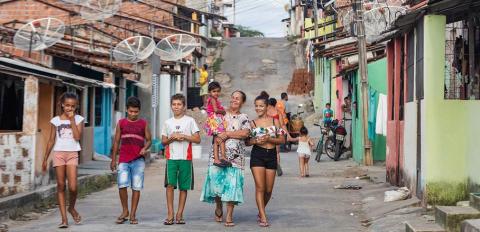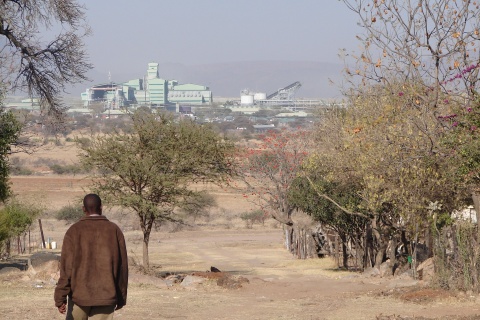Discover hidden stories and unheard voices on land governance issues from around the world. This is where the Land Portal community shares activities, experiences, challenges and successes.
 Follow our
Follow our
Sustainable Development Goals
Blog Series!
Interested in land corruption?
Follow our Land & Corruption Blog Series
for in-depth perspectives from the experts.
Issues
Geographical focus
Nick Vink and Johann Kirsten
Most countries in both the rich and the developing world have some sort of programme to help early career farmers (mostly, but not exclusively young people) to get established in a farming or agribusiness enterprise. South Africa sticks out like a sore thumb, even against many African countries, in not having such a programme.
In our view, subsidies for black farmers in South Africa are justified. This is because they would help deliver a more inclusive agricultural sector and correct past racial biases.
This blog was written by Anna Schreiber and originally posted through Land for Life at https://land-for-life.org/10-years-of-vggt-time-to-take-stock/
Daily Maverick Our Burning Planet: Op Ed by Malik Dasoo
Regenerative agriculture, which involves special techniques to cultivate nurture-rich soils that also trap greenhouse gases, can initially be time and labour intensive. But farmers who stick with it are witnessing enormous returns.
Colonial and apartheid land dispossession in South Africa was the most extensive of any country in sub-saharan Africa. Despite a land reform programme initiated after the transition to democracy in 1994, equitable access to land remains an unresolved question in both urban and rural areas.
Over the last 20 years in Tanzania, conflict has escalated between communities and foreign investors over land rights and land-based investments. Here, Masalu Luhula discusses how the use of simplified legal guides is helping to empower communities to engage in dialogue and negotiations with government authorities and investors – and to promote socially responsible land-based investment.
USAID is supporting the government with a strategy to create municipal land offices that manage local land administration campaigns and deliver land titles to rural Colombians
This is our former Country Insights digest, now re-branded What to Read to make justice to its content.
The Land Portal published a new country portfolio for Nepal as part of our Country Insights initiative. The initiative seeks to expand knowledge about how countries govern their land, the challenges they face, and the innovative solutions they find to manage land tenure issues.
Nepal is a small landlocked country situated between India and China. It comprises three main geographical areas, namely lowland plains bordering India, foothills, and then the high Himalayan mountains bordering China. The total land area is 147,516km2.
The Land Portal published a new country portfolio for Tajikistan as part of our Country Insights initiative. The initiative seeks to expand knowledge about how countries govern their land, the challenges they face, and the innovative solutions they find to manage land tenure issues.
Can we transform our cities by addressing the gender insecurity and inadequacy women face? In the northeast state of Pernambuco in Brazil, Espaço Feminista reflects on lessons learned from fighting for women’s land rights by achieving land regularisation in informal settlements.
The Brazilian Housing Deficit is a Gender Deficit
Why does land inequality in Brazil impact women in particular?


